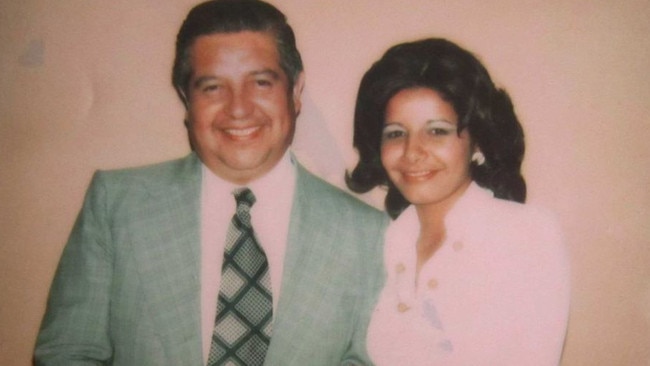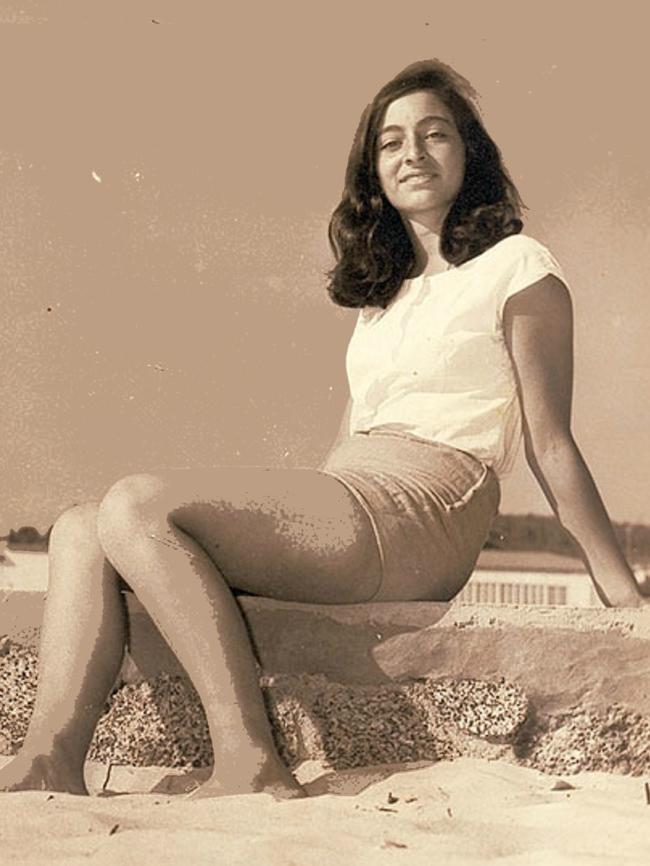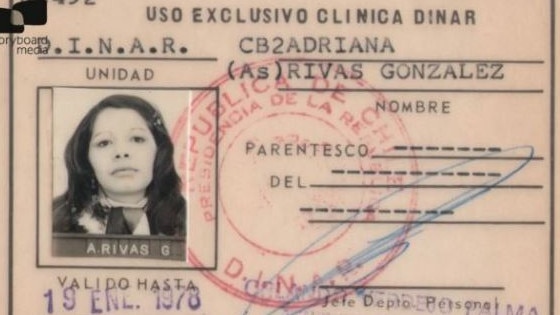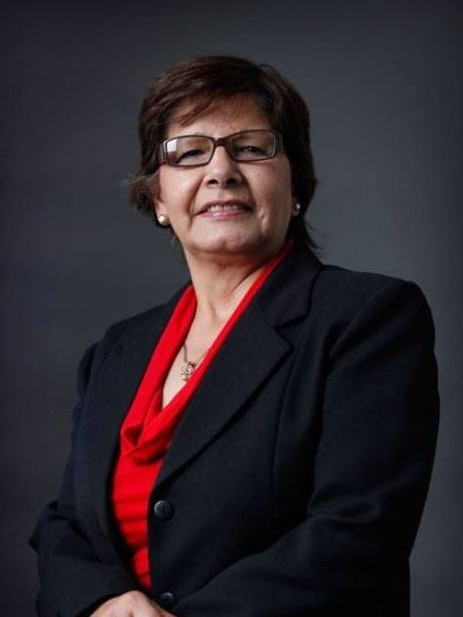Accused Chilean torturer turned Bondi nanny launches 11th hour bid to dodge extradition
Chile has urged Australia to speed up the extradition of former Bondi nanny Adriana Rivas, who is accused of taking part in torture and murder under the Pinochet military dictatorship.

In an unusual intervention, the Chilean government has urged Australia to speed up extradition of former nanny Adriana Rivas, accused of taking part in torture and murder under the Pinochet military dictatorship, as she launches a last-ditch legal appeal to remain in the country.
Chilean ambassador Jaime Chomali attended Ms Rivas’s renewed bid to avoid extradition in the Federal Court on Thursday, in a measure of his country’s frustration at the long-delayed case.
Ms Rivas, 70, is perhaps the most wanted fugitive in Chile, accused of participating in the kidnapping murder of Communist Party leader Victor Diaz in 1976.
She is also accused of participating in the disappearance of six of Diaz’s supporters, including Reinalda Pereira, a 29-year-old woman who was five months pregnant when she vanished. Ms Rivas has fought extradition since her arrest in Sydney in 2019.

The Chilean Ministry of Foreign Affairs in a statement on Wednesday expressed “hopes this case, which has been dragging on for many years, will be resolved as soon as possible to give a due and timely response to victims’ families in their demand for justice”.
“Our country attaches a high priority to the extradition of Ms Rivas, both from a legal point of view and in the context of the prosecution of egregious human rights violations constituting crimes against humanity,” it said.
In the case management hearing on Thursday, judge Michael Lee asked Ms Rivas’s legal team to provide particulars of the grounds upon which she relies for the appeal, while Ms Rivas requested access to the legal advice given to the Finance Minister when she made her decision, a request likely to be challenged on the basis that the documents are privileged.
Ms Rivas is also mounting a case on the legal principle of “double criminality”, that is, that the alleged crime for which extradition is sought must be a crime in both countries – arguing that in 1976 Australia did not have a strictly equivalent law relating to aggravated kidnapping. She is also relying on “confidential” health issues.

Sydney lawyer Adriana Navarro, representing the families of the victims, said they were pleased that the first hearings would likely be in March.
She noted Ms Rivas had admitted she had been trained to provide protection and support for dictator Augusto Pinochet and had stood guard outside his hotel when he visited Spain. “So you wonder what information she has about the seven victims …. We have a fairly good idea what the dictatorship did to them but their remains haven’t been found.
“The families are still grieving and can’t close this chapter in their lives. Many of them are now very frail, and yet we have this painful situation where Ms Rivas has been given 4½ years to put forward her arguments, whereas the families anxiously wait for resolution.”

Ms Rivas moved to Sydney in 1978 but unbeknown to her Bondi neighbours, she was long suspected of being an operative for General Pinochet’s secret police – the Direccion de Inteligencia National (DINA) – during the dictator’s bloody rise to power in the mid-1970s.
Ms Rivas worked as an assistant to Manuel Contreras, commander of the DINA.
Chilean prosecutors believe she was among a group of about 55 DINA agents who participated in the detention, torture and suspected murder of communist leaders at the Simon Bolivar Centre in Santiago by the notorious “ Lautaro Extermination Brigade”.
In 2006, she went to visit family in Chile but was arrested.
While on bail in 2011, she escaped to Australia.
During a 2013 interview with SBS, she denied the allegations against her but confessed to escaping from Chile and justified torture as necessary because it was “the only way to break people”.
She said her work as a DINA security agent was “the best years of my youth”.
A preliminary hearing of the case will take place on 10 March next year.



